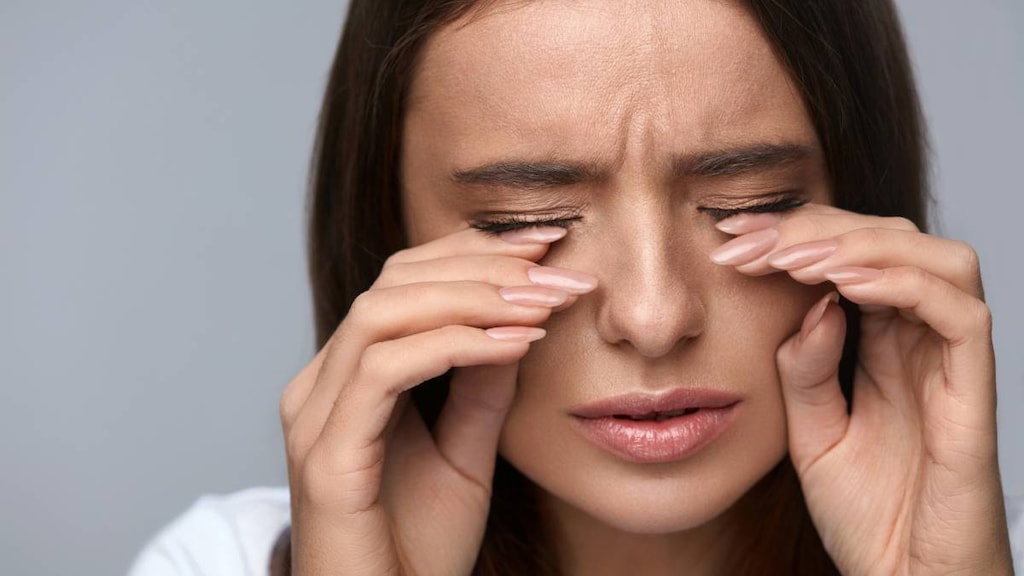
An allergic reaction is an overreaction by your immune system to a substance or food that is not considered harmful to most other people. Substances that cause allergic reactions are called allergens or “triggers”.
What causes an allergic reaction?
An allergic reaction happens because your immune system mistakes a normally harmless substance for a dangerous invader and produces antibodies to fight it. These antibodies release chemicals, such as histamine, that cause the reaction.
The most common allergens are:
- Animal fur or hair (such as that from cats, dogs, horses, or rabbits)
- Dust mites
- Food, especially cow’s milk, eggs, peanuts, seafood, soy, tree nuts (almonds, Brazil nuts, cashews) and wheat
- Insect stings
- Latex
- Medicines
- Mold
- Pollen.
An allergen for one person may not cause any problems in another person. There is a link between allergies and asthma.
What are the symptoms of an allergic reaction?
Symptoms of an allergic reaction can vary among individuals and depend on how reactive their immune system is and how the allergen entered the body (for example, being bitten by a mosquito may cause a localized reaction on the skin whereas exposure to pollen may cause a tickly throat and itchy eyes). Symptoms may include:
- Abdominal pain, diarrhea, nausea, vomiting (food allergies)
- Areas of swelling and redness where a person has been stung or bitten (for insect bites/stings)
- Cough or chest tightness
- Itching of the nose, eyes or roof of the mouth (pollen allergies)
- A skin rash or hives, usually accompanied by body-wide itching
- Runny, stuffy nose
- Sneezing
- Swelling of the lips, tongue, face, or throat
- Tingling of the mouth
- Watery, red or swollen eyes (conjunctivitis)
- Wheezing or shortness of breath.
Anaphylaxis is a severe type of allergic reaction. Symptoms of anaphylaxis include:
- Loss of consciousness
- A fall in blood pressure
- Severe shortness of breath
- Skin rash
- Lightheadedness
- A rapid, weak pulse
- Nausea and vomiting
Should I see a doctor for my allergic reaction?
Many allergic reactions can be effectively treated with over-the-counter medications. However, see your doctor if you have a severe allergic reaction, you have persistent or recurring symptoms that interfere with your day to day life, or over the counter remedies are not effective.
People who develop anaphylaxis should always carry an epinephrine auto-injector 24 hours a day and know how to use it. People should also visit the emergency department after using the auto-injector to ensure symptoms don't return when the effects of the injection wear off.
How is an allergic reaction treated?
Treatment depends on what is the most troublesome or predominant symptom. Treatments may include:
- Antihistamines (oral, nasal, topical)
- Corticosteroids (oral, nasal, topical)
- Decongestants (oral, nasal)
- Saline nasal rinses
- Immunotherapy.
People who typically have an allergic reaction to a particular substance should try and avoid known allergens. They should also wear a medical alert bracelet (or necklace) that lets others know that they have a serious allergy in case they have a reaction and are unable to communicate.



